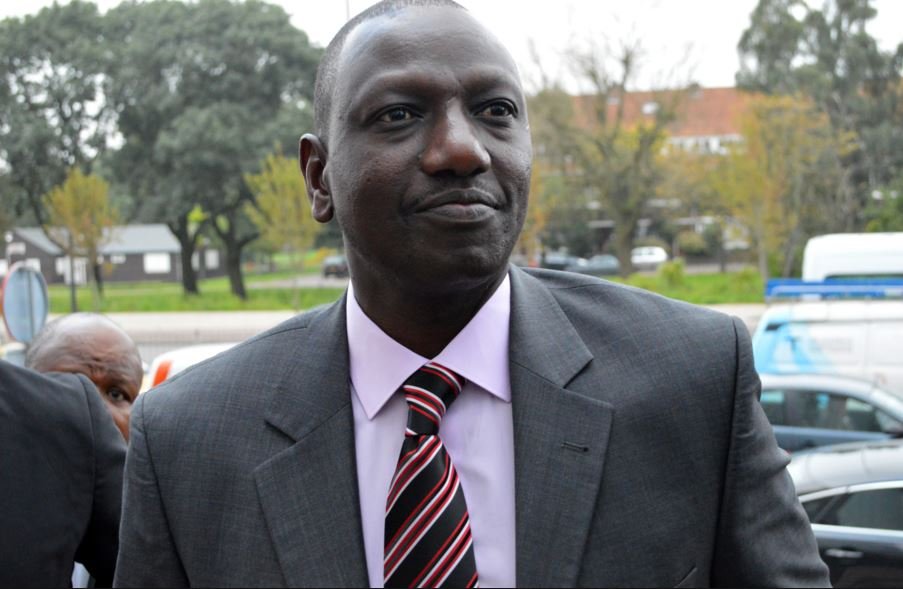Landmark Brexit court ruling due in new year
Britain’s Supreme Court will reveal early next year the result of the government’s appeal against a ruling that it cannot unilaterally trigger Brexit, the court said Thursday.
The 11 Supreme Court judges wrapped up four days of hearings with court president David Neuberger resolving to reach a prompt decision.
“We appreciate that this case should be resolved as quickly as possible, and we will do our best to achieve that,” he said.
It is the first time all 11 Supreme Court judges have convened to hear an appeal.
The High Court ruled last month that the government did not have the executive power alone to invoke Article 50 of the EU’s Lisbon Treaty, formally starting exit talks which could take two years.
The decision enraged Brexit supporters and some newspapers who accused judges of thwarting the will of the 52 percent who voted “Leave” in the June 23 referendum.
The vote for Britain to become the first country to leave the 28-nation bloc sent shockwaves across the world and emboldened populists in Europe and the United States.
“The ultimate question in this case concerns the process by which that result can lawfully be brought into effect,” said Neuberger.
“As we have heard, that question raises important constitutional issues and we will now take time to ensure the many arguments presented to us orally and in writing are given full and proper consideration.”
Attorney General Jeremy Wright, the government’s chief legal advisor, argued that the government had authority over foreign affairs, including the right to withdraw from treaties, under so-called “royal prerogative powers”.
But the claimants, led by investment fund manager Gina Miller, argue that parliament must be consulted before approving any changes to domestic laws and rights.
As the hearings were being held, British Prime Minister Theresa May secured a symbolic Brexit victory when MPs Wednesday agreed not to delay her plans to begin the EU exit talks by the end of March — although she had to promise to give them more details of her negotiating strategy.
The opposition Labour party’s original motion — supported by some from May’s Conservative Party — demanded the government publish its “plan” before triggering Article 50.
May fended off a rebellion with a last-minute amendment, accepting the Labour motion on condition that MPs support her timetable for triggering the Brexit talks.


